Matcha has become a trendy coffee substitute among Gen Z. I decided to trade my usual coffee for matcha for a month to see what changed, and here’s what my experience looked like.
Matcha is a concentrated green tea made by pulverizing the leaves of the Camellia sinensis plant into a fine powder. The plants destined for matcha are cultivated in shade, which increases their amino acid levels.

Because you ingest the whole leaf rather than steeping it and discarding the leaves, matcha contains a greater concentration of caffeine and antioxidants than typical brewed green tea.
With its touted advantages, many in Gen Z are swapping their morning coffee for matcha. Some possible health perks of matcha include:
As a 22-year-old who relies on caffeine, I switched out coffee for matcha for a month. Below I’ll outline how it went.
My setup
I figured it was important to explain my baseline before sharing my observations.
I normally drink a double shot of espresso in my morning iced coffee, which equals about 250 mg of caffeine. That’s the level I need to feel “awake” and have come to depend on.
For my matcha, I used 2 tsp of matcha powder mixed with 4 oz of hot water. Since I didn’t own a bamboo whisk (and admittedly because I’m lazy), I blended them using the milk frother attachment on my espresso machine.
There’s approximately 70 mg of caffeine per teaspoon of matcha powder. That put my daily caffeine intake at about 140 mg — 110 mg less than my usual coffee.
Taste and cost
I bought a bulk bag of matcha from Costco. Matcha can be pricey, and I wasn’t prepared to spend hundreds for a month’s supply.
The variety I used wasn’t ceremonial grade, but it cost $20 for a large bag. Since I was making lattes and cutting it with milk, I didn’t personally notice a big difference in flavor.
If you care about quality or prefer your matcha straight without milk or sweeteners, there are many grades and price points to choose from. For more on matcha vs. other green tea options and benefits, see this primer on matcha green tea.
How I felt
The first day of the switch was rough. I felt exhausted. Interestingly, I didn’t get the usual withdrawal headache that typically hits me when I skip coffee.
I suspect the matcha didn’t provide enough caffeine to make me fully alert, but it was enough to stave off the headache.
The lack of immediate alertness was tough for work. After coffee I usually get a spike of energy and motivation that helps me jump into tasks right away.
Matcha felt more like a gradual release. I didn’t have that initial surge after drinking it, but I also avoided the caffeine crash associated with coffee. Over time I settled into a steady, average energy level throughout the day.
Strangely, when I resumed drinking coffee after the month of matcha, I developed a headache.
Would I do this again?
No.
I adore my morning coffee. I like the intense rush of energy, and I don’t mind feeling a bit slow later on.
Getting out of bed is hard for me, and coffee makes me feel like my day has begun. I felt my work output dipped when I forgone my usual coffee.
I also prefer the taste of coffee over matcha.
Am I dependent on coffee? Definitely. Do I care? Not really. Matcha is nice occasionally, but it can’t replace my coffee. If you’re weighing alternatives, this comparison on decaf coffee good or bad might be useful for context about other low-caffeine options.
Takeaway
Matcha contains more caffeine than brewed green tea and can be a pleasant morning beverage. Potential benefits may include supporting brain function and aiding weight management.
Matcha comes in various quality tiers and price levels. If you want to improve the flavor, adding milk or sweeteners can help.
That said, as someone who loves coffee, I didn’t find matcha to be a fitting long-term substitute.

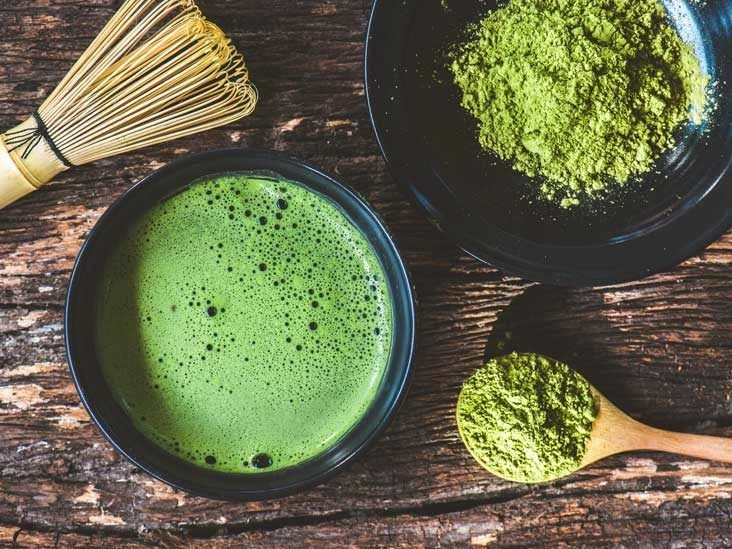
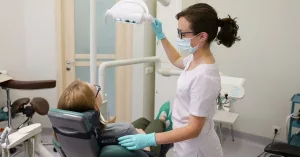


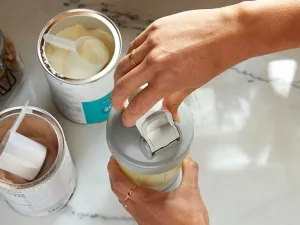

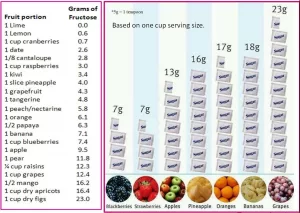
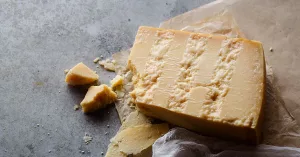
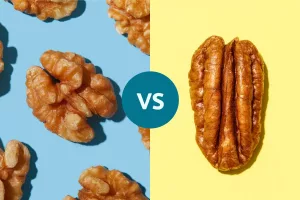
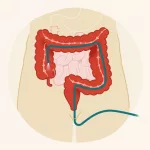






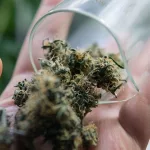






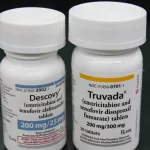
Leave a Reply
You must be logged in to post a comment.